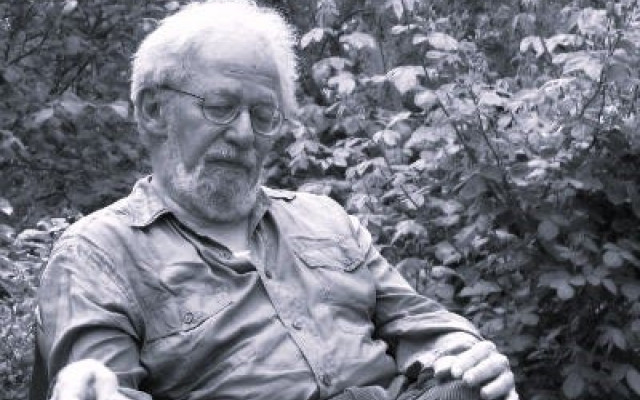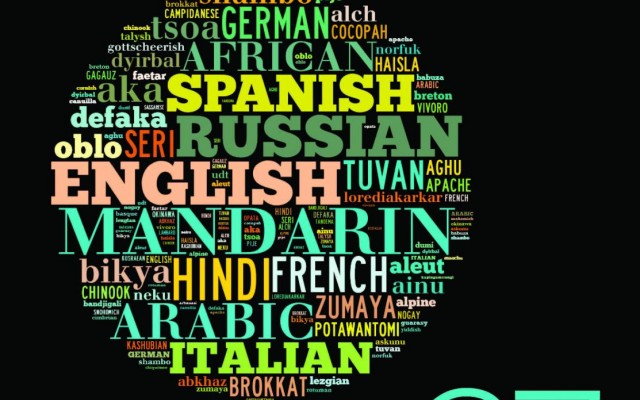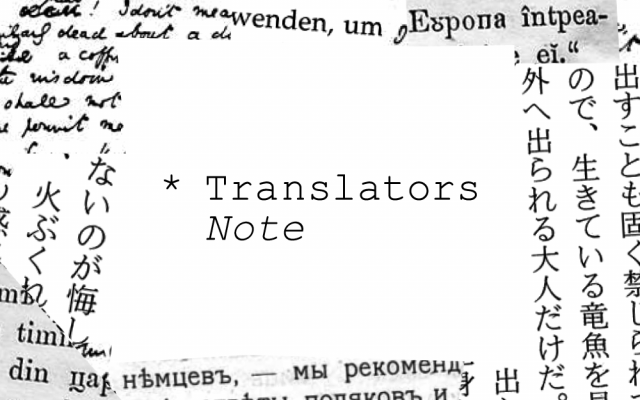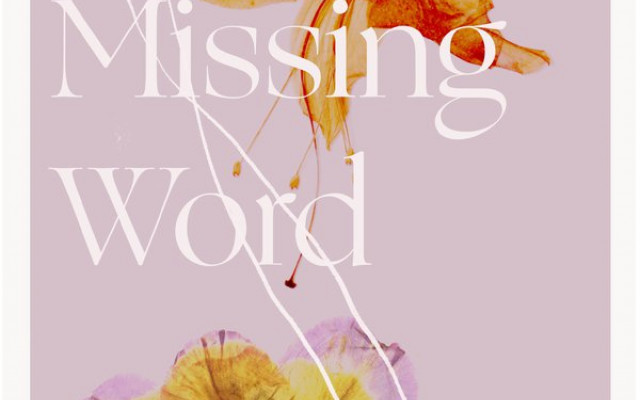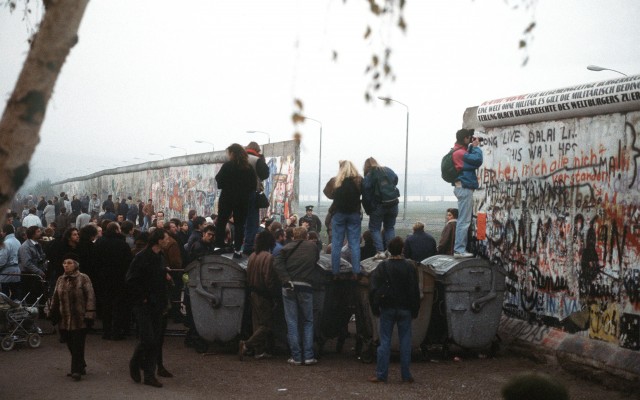Déjenme que te cuente
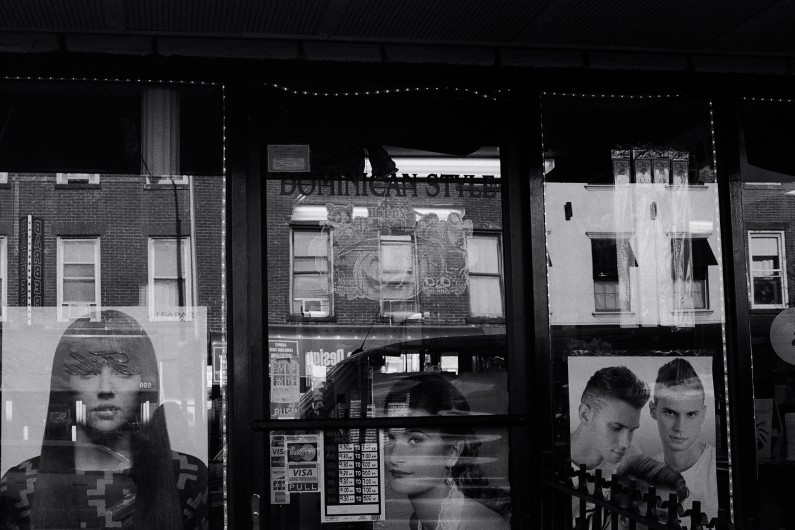
When I was eight or nine I locked my jaw during a meal with my mother. Pasta, tortilla, or chicken with rice, one of the three dinners on rotation. I heard the jaw click and shift to the left, suddenly cemented there as I widened my eyes, unable to move my mouth, my lips. My mother no doubt thought I was joking until my eyes started to water and from deep inside I let out an Ah, a child’s Ah, an Ah for the first time we feel real pain, real immobility, real fear of the unknown, an Ah unfamiliar in adulthood. I thought then that I’d only ever be able to utter Ah, that I’d never speak a word again, never be able to drink water, chew, or laugh for the rest of my life.
I’ve been dwelling on this episode now, reliving that panic, as I massage the joint below my ear. I haven’t been speaking Spanish for years and it is causing a nearly physical distress. My mother’s language–I’ve never quite felt comfortable calling it my mother tongue–is fading, is feeling bulky in my mouth, and I can’t help nervously rubbing my jaw when idle, as if it will train my mouth to go back to normal and move the way it used to move. My mouth now takes longer to make the right shape, my mind longer to find the right word. I don’t live in a Spanish speaking country anymore and my Spanish speaking kin have disappeared.
I’ve always felt that my bilingualism was a keen representation of my inner life, my ying-yanged double personality: my rambunctious, impulsive, emotional Spanish half and my more reserved, self-reflecting, logic-driven Anglo half. It is the two parts that make me full and right.
English is used with my Scottish father and grandparents, with my best friends, boyfriends, school crushes, P.E. teachers, neighbors, landlords, in-laws; in malls, cars, bedrooms, hospitals, airplanes, hotels, mountaintops, lakes, rivers. Spanish is used with my Spanish mother, tíos and tías, abuelita, fishermen, farmers, cab drivers, deli men; in dance clubs, kitchens, good-smelling cafes, bars, cobble stoned squares, church, beaches.
English was my first kiss, sex, lie, high, photograph, nap on the grass, feeling important. In English I said I’m in love and sung along to punk and ate blueberry scones and took trains alone with skyscrapers in the distance and starless nights and forest fires and warm bread. Spanish was my first drunk, candy, swim, fight, sand castle, walk alone. In Spanish, I talked to strangers and asked for seconds and ate oil on bread and gin and tonics and watched gulls in sky and dolphins in sea and drove in cars without seatbelts at dusk and dawn.
New Year’s Eves belonged to Spanish but Christmases were obviously English’s. Babies are Spanish but the cats and dogs and pollen I’m allergic to are English.
Though I no longer live in a Spanish speaking country–no more Mexico, Argentina, or Spain–I do live in a city where I hear it just enough to give me the illusion that I’m still fluent. I’ve fallen out of touch with Spanish friends and those I live with and see each day are Spanish-less. I try to keep it up by reading fiction in Spanish, listening to Latin radio and reggaeton when the apartment is empty, speaking to the Mexican chefs at the restaurant where I work. I know some think my Spanish is refined because I speak with the thetheo of bullfighting Spaniards, but any Puerto Rican or Dominican will say, Hey you speak like you grew up in the 60s, with that old school slang, with that faux-bourgeoisie accent.
In part, it’s true, my Spanish doesn’t match a distinct country or generation and the person with whom I speak Spanish the most is my mother; naturally, I pick up her phraseology, her post-dictatorship idioms, her didactic ticks. I’ve lived in Spain only in spurts, during long summer vacations as a child and adolescent, where the vocabulary revolves around dress-up parties and picnics. I’ve spent many months in Argentina and Mexico, studying and photographing. There, I pocketed their colloquialisms and cuss words about food and transport, mixed and matched regional accents with universal metaphors, big city jargon with village conjugations. My Spanish “vale”s became Argentine “dale”s, my Spanish “metro”s became Mexican “subte”s, my sing-song accent ascending and descending all over the place. Linguistically, Spanish allows for these types of haphazard blends, but the result is a language that lacks nationalism, lacks a communal blood line, something that Spanish speakers –whether Central American, South American, North American, or Iberian– take seriously.
And so I speak a shapeless, chimeric Spanish, one with antlers from one vantage point, a tail from another, and my mother’s tongue conducting the whole thing.
As a child I relented and resisted Spanish, told my mother it was a stupid language I didn’t understand, and yet I secretly adored (adore) every joke and term of endearment and reprimand coming out of her mouth. I have never been able to achieve the totality of her Spanish; her coos to newborns and animals are in Spanish, her grunts and laughs are in Spanish, even her sneezes and Marlboro-scented coughs carry a particular intonation of her home country.
I realize now that I associate Spanish, ironically, with both my relationship with my mother and my relationship with freedom. It is the language of emotional moments, of maternal consolation, of pride and spontaneity and release. It is the language I spoke when I first lived alone, as an adult, in a foreign city; it is a language I associate with my college education, too. It is simultaneously the language of safety and the unknown.
And so I feel the Ah of my locked jaw once again: a sudden fear, a sudden grasping for safety and how it once was. It is a reformed Ah: a sudden understanding that I can eat and talk and laugh and shout, though there is now something dislocated, something missing, something absent from an Ah I thought I’d never meet again.
